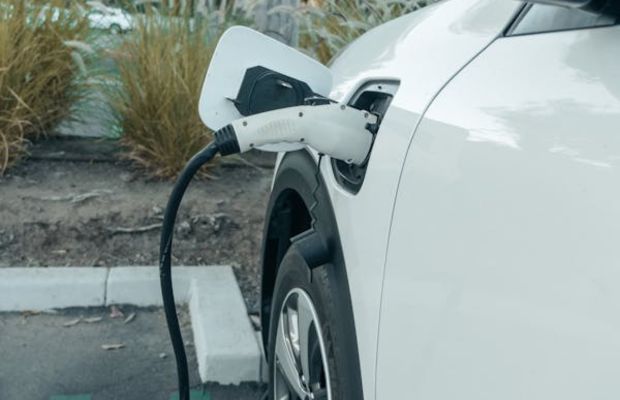Laos’ government recently signed a joint development agreement for investment in the energy sector with Thailand-based alternative energy company Energy Absolute (EA).
The collaboration highlights the setting up of a joint venture company, Super Holding Company, to manage and distribute clean energy, promote the adoption of electric vehicles (EVs), and advance the country’s sustainable growth initiatives.
This will enable Laos to generate revenue from clean energy within three years, alleviate its dependency on crude oil imports, facilitate the development of energy storage and EV solutions, and achieve its national goal of being the “Battery of Asia”.
“The initiative aims to generate value for the country, enhance its competitive edge, and address long-term economic stability concerns,” said the company’s CEO Somphote Ahunai.
With the Laotian government as principal shareholder and professional management team, he said the core mission of Super Holding Company is to manage clean energy in an integrated manner.
This includes asset management, overseas energy distribution management via a single gateway framework, and serving as the principal entity for future investments in the country’s clean energy sector or related ventures.
He said the company can initially undertake multiple hydropower projects with a combined capacity of more than seven gigawatts, serve as a center for managing renewable energy initiatives, and oversee the exportation of total power energy.
“Additionally, the company will be granted a supplementary 25-year concession period, with the government further incentivizing the adoption of EVs to curtail fossil fuels imports,” he said. Somphote said EA can also assume responsibility for managing fundraising activities, with an anticipated target of US$1 billion (36.79 billion baht) to revitalize Laos’ international reserves, reduce debt, strengthen the currency, and reinstate investor confidence.
Over the medium term of two to three years, he said the company has planned to develop value-added projects such as floating solar and energy storage systems and enhance project efficiency.
It will also seek to expand its power export market, bolster support for EV adoption in Laos, and augment the number of EV charging stations nationwide.
“These efforts are expected to boost the country’s revenue and diminish its reliance on fossil fuel imports, with EA taking the lead in project development in collaboration with the Laotian government,” he added.
He said the company will initially undertake multiple hydropower projects with a combined capacity of more than seven gigawatts, serve as a center for managing renewable energy initiatives, and oversee the exportation of total power energy.
“Additionally, the company will be granted a supplementary 25-year concession period, with the government further incentivizing the adoption of EVs to curtail fossil fuels imports,” he said. Somphote said EA will also assume responsibility for managing fundraising activities, with an anticipated target of US$1 billion (36.79 billion baht) to revitalize Laos’ international reserves, reduce debt, strengthen the currency, and reinstate investor confidence.
Over the medium term of two to three years, he said the company has planned to develop value-added projects such as floating solar and energy storage systems and enhance project efficiency.
It will also seek to expand its power export market, bolster support for EV adoption in Laos, and augment the number of EV charging stations nationwide.
“These efforts are expected to boost the country’s revenue and diminish its reliance on fossil fuel imports, with EA taking the lead in project development in collaboration with the Laotian government,” he added. Laos has launched a strategy to promote the adoption of clean energy and EVs to reduce reliance on fossil fuels, maximize the country’s resources, and stimulate the economy, according to the Laotian government.
Currently, Laos has a total electricity production capacity of over 11 gigawatts from hydroelectric dams, as well as solar, biomass, coal, and wind power plants. “Apart from driving the green economy, this strategy also benefits Laos’ green tourism, and enables the country to achieve net-zero carbon emission by 2050,” said the Public Debt Management Department’s director-general Soulivath Souvannachoumkham.

